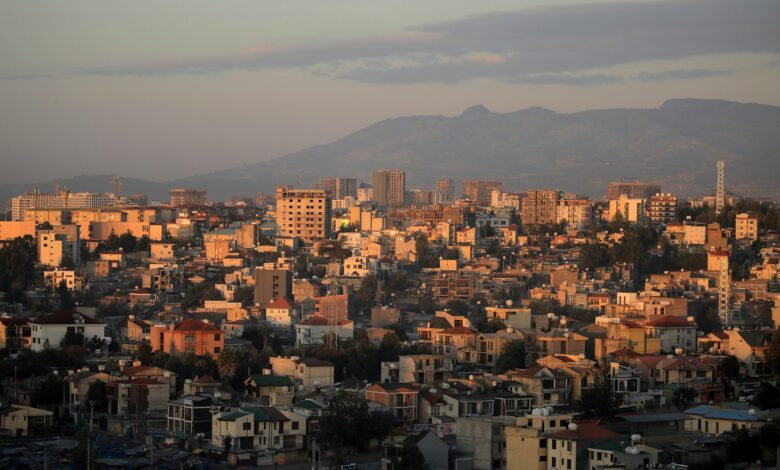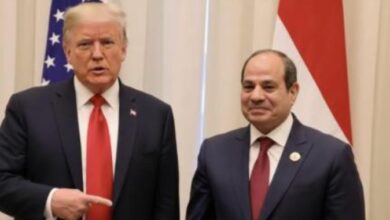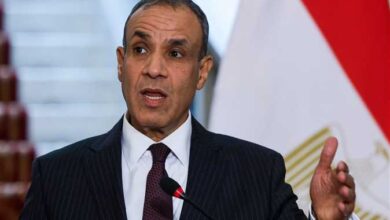
NAIROBI, Nov 5 (Reuters) – Nine anti-government factions are forming an alliance to push for a political transition in Ethiopia, two of the groups said on Friday, piling more pressure on Prime Minister Abiy Ahmed as rebel forces advance towards the capital.
Several of the factions have armed fighters, although it was not clear whether they all do.
The alliance includes political, military and diplomatic cooperation and expands an existing agreement between forces from the northern region of Tigray and the Oromo Liberation Army (OLA), one of the organisers, Yohanees Abraha, told Reuters.
The pact will be signed in Washington on Friday.
Called the United Front of Ethiopian Federalist and Confederalist Forces, the alliance includes the Tigray People’s Liberation Front (TPLF), which has been fighting Abiy’s government for a year in a war that has killed thousands of people and forced more than two million more from their homes.
The front is joining hands in an on-the-ground effort to stop Ethiopia’s further disintegration, Yohanees, who is a TPLF member, told Reuters.
“We are considering establishing a transitional arrangement and we have agreed that the regime in power at this time must go as soon as possible,” he said.
He added the nascent alliance was not in touch with the Ethiopian government, but planned to begin liaising with foreign governments and bodies.
Abiy’s spokesperson, Billene Seyoum, asked for reaction to the formation of the alliance, referred Reuters to a comment she posted on Twitter in which she defended Abiy’s rule since he took office in 2018.
She said in the post the opening of political space after Abiy took office provided ample opportunity for the opposition to settle differences at the ballot box. Abiy’s party was re-elected in June. She did not refer directly to the new alliance.
Spokespeople for the government and foreign ministry did not respond to requests for comment on the alliance. TPLF spokesperson Getachew Reda also did not respond on Friday.
CEASEFIRE CALLS
African and Western nations have called for an immediate ceasefire in Ethiopia after Tigrayan forces from the north said they had moved closer to Addis Ababa this week.
“The conflict in Ethiopia must come to an end,” U.S. Secretary of State Antony Blinken said on Thursday.
The spokespeople for the Ethiopian government and the TPLF did not respond to requests for comment on Blinken’s call. But on Thursday, the government’s communication department said in a statement: “This is not a Country that Crumbles under Foreign Propaganda! We are fighting an existential war!”
Prior to the new alliance announcement, the OLA had already joined with the Tigrayan forces. The two groups confirmed to Reuters they are in the town of Kemise in Amhara state, 325 km (200 miles) from the capital.
On Thursday the government accused the Tigrayan forces of exaggerating their territorial gains.
The TPLF had said on Tuesday its forces were closing in on the town of Mille, which would enable them to cut off the highway linking neighbouring Djibouti to Addis Ababa.
On Friday, government spokesperson Legesse Tulu rejected the claim, saying fighting was 80 km (50 miles) from Mille. He had not responded to earlier requests for comment.
He also said there was fighting at least 100 km (60 miles) north of Shewa Robit, a town in the Amhara region that is on the A2 highway, which links the capital to Ethiopia’s north. That would put fighting about 57 km (36 miles) south of Kombulcha, one of two towns that the TPLF said it captured last weekend.
The government said on Friday that a TPLF commander, Colonel Guesh Gebrehiwot, was captured on Thursday during fighting near Dessie, in Amhara. The TPLF was unreachable for comment.
At a market on Addis Ababa’s outskirts, traders went about their business as usual but fewer people were coming to shop.
Vegetable seller Abdisa Wili, 32, said prices were rising.
“If the war is going to continue, it will have impact on the economy,” he said. “Both sides should stop the war, no one will profit from war except death and economic downfall. They should solve the problem through discussion.”
NEW SANCTIONS BILL
Amnesty International said there has been an alarming rise in social media posts advocating violence. The rights group also said a state of emergency declared on Tuesday is overly broad and “a blueprint for escalating human rights violations”.
On Thursday, U.S special envoy Jeffrey Feltman met African Union head Moussa Faki, and Ethiopia’s defence minister, finance minister and deputy prime minister, the State Department said.
The conflict started a year ago when forces loyal to the TPLF, including some soldiers, seized military bases in Tigray. In response, Abiy sent more troops to the northern region.
The TPLF had dominated national politics for nearly three decades but lost much influence when Abiy took office in 2018.
The TPLF accused him of centralising power at the expense of regional states. Abiy denies this.
Additional reporting by George Obulutsa in Nairobi; Writing by Maggie Fick; Editing by Angus MacSwan, William Maclean




